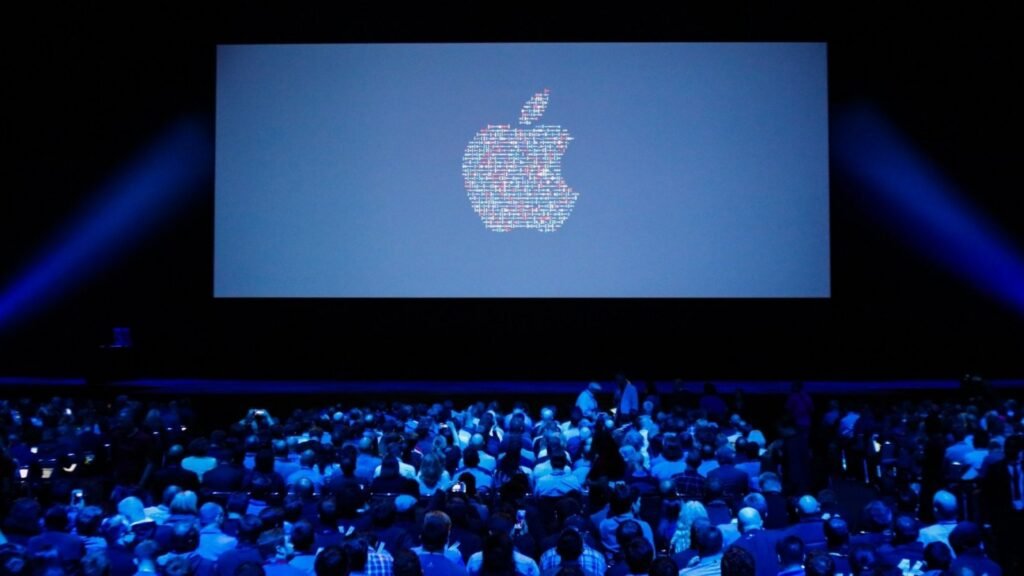In the fast-paced world of e-commerce, where competition is fierce and attention spans are short, copywriting is the secret sauce that sets successful businesses apart. It’s not just about describing a product; it’s about telling a story that resonates with the customer, building trust, and creating an emotional connection that drives sales. A well-crafted product description or a compelling landing page can turn a casual browser into a loyal customer. In an age where online shopping often lacks the personal touch of in-store experiences, effective copywriting fills that gap by speaking directly to the customer’s needs, desires, and emotions.
While AI has made significant strides in automating various aspects of e-commerce, there’s one area where it still falls short: the art of human connection. AI can generate content based on algorithms and data, but it lacks the ability to truly understand and connect with people on an emotional level. The nuances of language, the subtle cues that evoke empathy, and the creativity required to craft a compelling narrative are all qualities that human copywriters bring to the table. Below are 10 reasons why copywriting is crucial for e-commerce and why AI will never fully replace it.
1. Emotional Connection

Human copywriters can tap into emotions, crafting stories that resonate with customers on a deeper level. For example, a heartfelt story about a family-owned business can create a sense of loyalty and trust that AI-generated content can’t replicate.
2. Understanding Nuance

Language is full of subtleties that AI often misses. A human copywriter can use humour, sarcasm, or cultural references to engage with the audience in ways that AI simply can’t mimic. Think of Dollar Shave Club’s witty and humorous copy that speaks directly to its target market.
3. Crafting a Unique Brand Voice

Developing a distinct brand voice requires creativity and consistency, something that human copywriters excel at. AI might generate content, but it struggles to maintain a coherent and unique voice across different platforms, unlike brands like Glossier, which have a strong, recognisable tone.
4. Storytelling

Good copywriting is about telling a story, not just listing features. Human writers can weave narratives that make products feel essential, turning a simple product into a must-have item. For example, Apple’s product launches often tell the story of innovation and design, making their products feel indispensable.
5. Cultural Sensitivity

Understanding cultural nuances and avoiding offensive language or ideas is crucial in global e-commerce. Human writers are better equipped to navigate these complexities, ensuring the content is appropriate and respectful across different cultures.
6. Creative Problem-Solving

When it comes to addressing customer pain points, human copywriters can creatively frame a product as the solution to a specific problem. An example is how Nike’s copy highlights the personal achievements of athletes, making their products feel like a key to success.
7. Adaptability

Human copywriters can quickly adapt to changing trends, customer feedback, or unexpected events. AI content may lack this flexibility, producing static and outdated content. A great example is how brands adapted their messaging during the COVID-19 pandemic to address new customer concerns.
8. SEO with a Human Touch

While AI can generate SEO-friendly content, human writers understand how to incorporate keywords naturally, making the content both search engine and reader-friendly. This balance ensures that the content ranks well without sacrificing readability or engagement.
9. Persuasion Techniques

Copywriting is not just about information; it’s about persuasion. Human writers use psychological triggers, like scarcity or social proof, to nudge customers toward a purchase. For instance, Amazon’s use of phrases like “Only 1 left in stock!” taps into the fear of missing out (FOMO).
10. Building Long-Term Relationships

Copywriting is key to building relationships with customers over time. Newsletters, personalised messages, and follow-up emails are all crafted to nurture a relationship, something that requires a human touch to truly resonate.
Copywriting remains a critical element in e-commerce because it bridges the gap between products and customers in a way that AI cannot fully achieve. While AI can assist with content creation, it lacks the human insight, creativity, and emotional intelligence required to craft truly compelling copy. As businesses continue to grow in the digital landscape, investing in skilled human copywriters will be essential to creating meaningful connections with customers and driving long-term success.
Related posts:
 Top Online Business Ideas to Launch in 2024: Explore Profitable Ventures for Success!
Top Online Business Ideas to Launch in 2024: Explore Profitable Ventures for Success!
 Unlock the World of AI: Must-Follow AI YouTube Channels for Comprehensive Learning!
Unlock the World of AI: Must-Follow AI YouTube Channels for Comprehensive Learning!
 Top AI Tools for Entrepreneurs to Boost Efficiency and Growth in 2024
Top AI Tools for Entrepreneurs to Boost Efficiency and Growth in 2024
 OpenAI Launches Advanced Model GPT-4o: A New Era in AI Technology
OpenAI Launches Advanced Model GPT-4o: A New Era in AI Technology

Leave a Reply